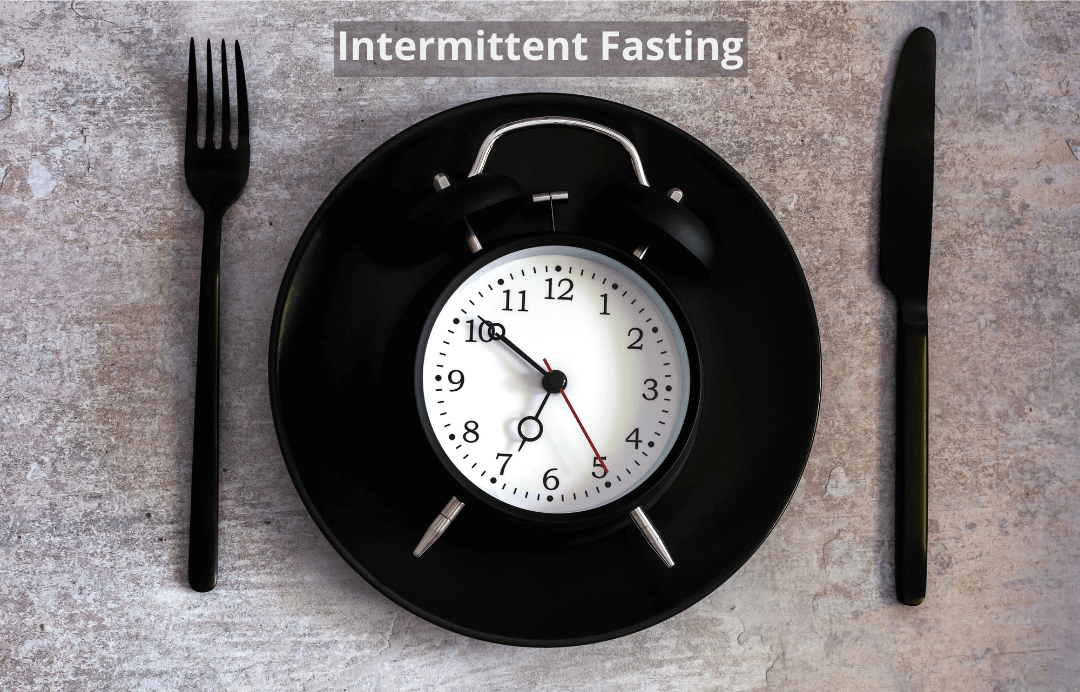
Contrary to popular belief, intermittent fasting is nothing new. It’s been around for many centuries, and countless people have used it to extend their life, improve their concentration, and remain healthy.
Fasting has also been - and still is - a big part of some religions.
Today, we’ll take a brief look at intermittent fasting’s history, benefits, and how we’ve adopted it in recent years.
Intermittent Fasting - A Brief Look At History
Fasting has been around since the days of Ancient Greece and likely way before then. Ancient Greeks believed that fasting improved cognitive abilities, which makes sense.
Think of a time when you had a large meal - for instance, around the holidays. How did you feel afterward? Did you feel mentally sharp, focused, and motivated? Or did you feel lethargic and mentally scattered?
Thanks to the large amount of food in your stomach, blood rushes to your digestive tract to help with digestion and absorption. As a result, less blood is available for your brain, so you feel less able to concentrate.
History knows many philosophers and intellectuals who have been huge proponents of fasting. For example, Paracelsus, the founder of toxicology, has once said, “Fasting is the greatest remedy, the physician within.”
The Modern Intermittent Fasting Adaptations
Intermittent fasting is reasonably popular today. Many people use it to lose weight more easily, simplify their days, and be more productive.
The 16:8 fasting protocol is among the most popular ways to fast today. It involves a 16-hour fasting period each day, followed by eight hours of eating. For instance, you can skip eating in the morning, break your fast around noon, and have your last meal for the day around 8 pm. Then, fast until noon the next day.
Another standard method, popularized by Brad Pilon, is when you pick one or two non-consecutive days each week and fast for 24 hours.
Folks who fast regularly find that it helps them eat less food, maintain a lower body fat percentage, feel better, and enjoy larger meals.
Three Fantastic Intermittent Fasting Benefits
1. Improves alertness, focus, and cognition
The most notable benefit people report from intermittent fasting is improved productivity thanks to alertness, better focus, and sharper cognition. One potential reason could be that digesting food draws lots of blood to the stomach, so less is left for the brain.
As a result, we often feel sluggish and unable to focus following a meal. In contrast, by fasting, we prevent that from happening.
2. Possibly extends lifespan
Some rodent research shows that fasting can increase lifespan. A common idea relating to this has to do with autophagy - a bodily process that allows for the removal of waste and dead cells.
While fasting, the body can efficiently conduct this process and clean itself out. The idea is, longer fasting periods give the body more time to rid itself of harmful compounds.
Of course, it’s worth noting that no human research so far has had such findings.
3. Simplifies your days
Perhaps the most practical benefit of fasting is that it simplifies your day. You don’t have to get up in the morning and stress over what to eat and how to find the time for it. Instead, you can enjoy a cup of black coffee (or tea) and head out the door.
Some people purposefully fast for the sake of not having to think about food during their busy days.
What To Do Next
Fasting can be beneficial – there is no arguing there. But we also need food to fuel and sustain ourselves.
If you want to make healthy eating as simple as reading an article online, check out our services and see how we can make your life easier today.